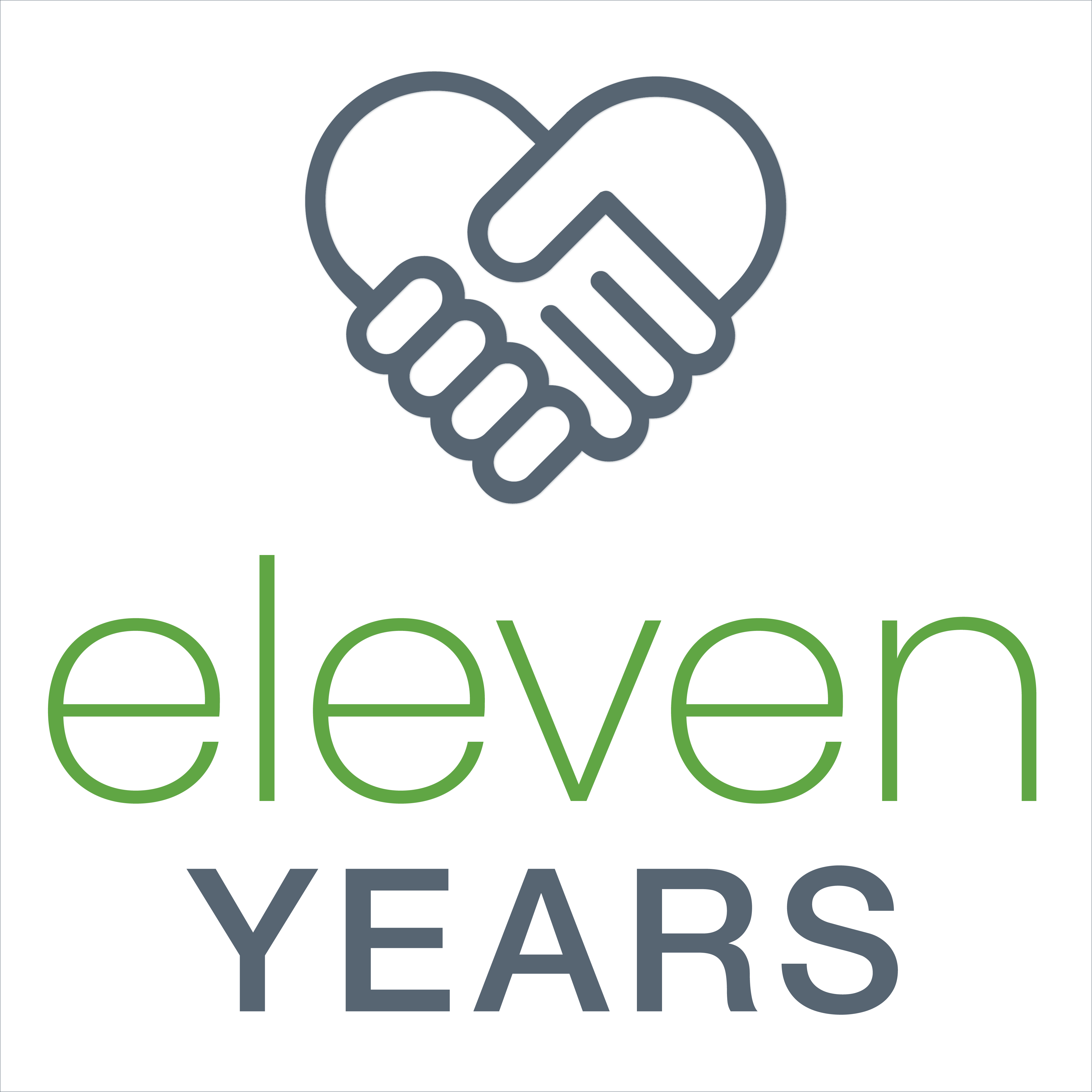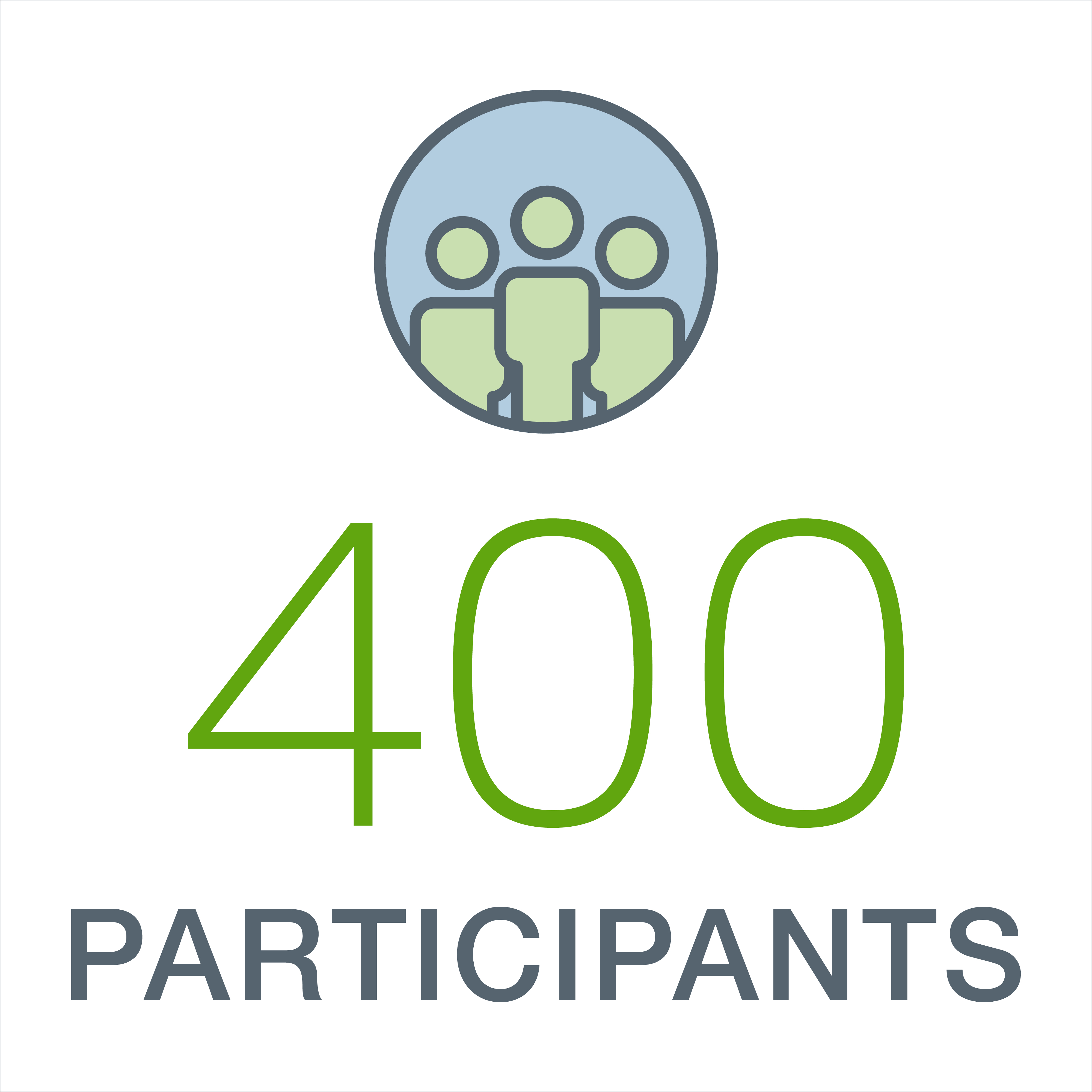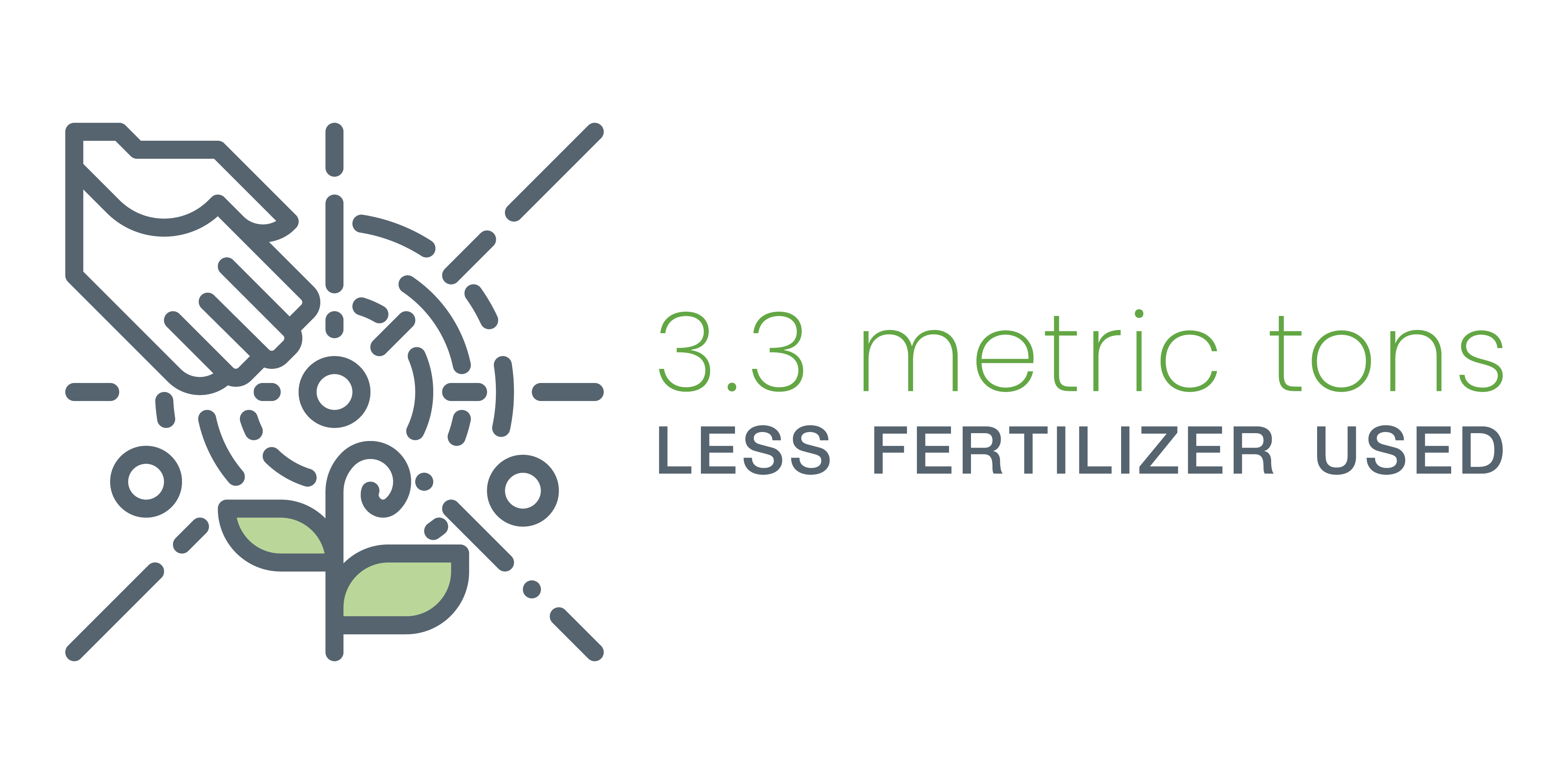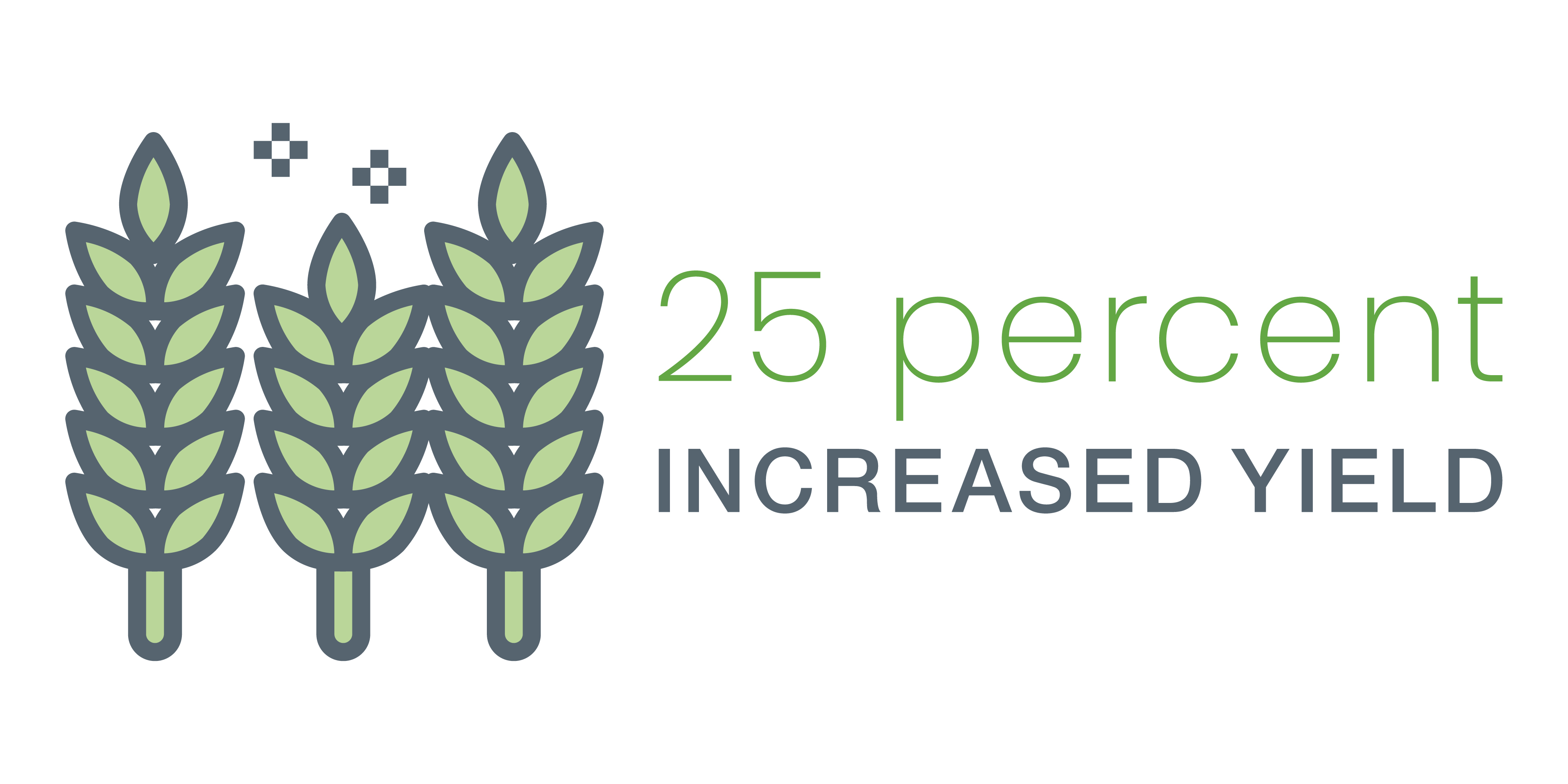.
Starbucks
.
In 2001, Earthwatch and Starbucks formed what would become an 11-year partnership to promote sustainable farming practices in one of the world’s premier coffee-growing regions. In collaboration with a cooperative of 2,500 farmers in the Los Santos region of Costa Rica, Earthwatch researchers and Starbucks employees worked with farmers to increase the use of tools and agriculture practices that benefited both the farmers and the natural environment.
.
.
The Problem
Costa Rica is one of the world’s largest producers of coffee, and Costa Rican coffee beans are considered among the best in the world. While coffee farming can be a major source of revenue for farmers, the intensive farming practices commonly used also have major impacts on the country's biodiversity-rich rainforests. These management practices reduce biodiversity and degrade the soil, and the fertilizer and pesticides used leeches into the surrounding environment, polluting soil and water. Careful monitoring helps improve the efficiency of farming practices, but in many cases, farmers don’t have the resources to document these problems or to explore alternative and sustainable farming methods.
As a major buyer of Costa Rican coffee with a strong ethic in promoting sustainable farming practices, the Starbucks Coffee Company wanted to identify scientifically proven ways to make coffee farming more sustainable while building strong relationships with local farmers and engaging their employees and customers in their sustainability mission.
.
.
The Solution
.
Over the course of the 11-year partnership, more than 400 people, including Starbucks employees, Starbucks customers, and Earthwatch volunteers, traveled to Cope Tarrazu, a cooperative of 2,500 farmers nestled high in the mountains in one of the world’s premier coffee-growing regions. The teams worked side-by-side with farmers to help researchers collect data on soil acidity, plant productivity, the use of agricultural inputs, and biodiversity indicators. At the same time, they learned about key relationships between sustainable practices and coffee quality. The input of the farmers was vital to the success of this program, as they gave insights into the problems farmers face and were able to evaluate which solutions would work for farmers. Additionally, the farmers were able to learn surveying and data collection practices and how to interpret that data.
.
Our work with Earthwatch is an important extension of Starbucks’ commitment to sustainability. By helping farmers improve their practices, we help create a reliable source of high-quality coffee and better environmental outcomes.
—Colleen Chapman, Director of Corporate Responsibility at Starbucks.
.


.
The Result
This partnership significantly reduced pollution and the cost of production while empowering farmers to make management decisions that enhanced biodiversity and sustainability outcomes.
.
.
More than 200 farmers were trained in sustainable coffee farming methods, which reached four communities. By the end of the program, 85 percent of farmers were using more sustainable practices.
Farmers were able to understand their soil composition and condition, allowing them to selectively apply fertilizers, herbicides, and pesticides as well as plant beneficial shade trees and ground cover vegetation. As a result, farmers were able to spend less money on pesticides while reducing pollution, conserving soil quality, and protecting biodiversity.
The program not only created higher coffee yields and associated financial benefits to local farmers, but it also provided an excellent platform for Starbucks to communicate some of its core environmental values to its customers and employees.
This partnership allowed Starbucks to increase the sustainability of its business practices, engage their employees, and contribute to meaningful environmental science.
.
.



.
I am so happy to work for a company that actively searches for ways to make a difference, and help people become empowered with the knowledge and experiences to share with others.
— A 2011 program participant
.
.
About Earthwatch
Earthwatch is an international nonprofit organization that connects people with scientists worldwide to conduct environmental research and empowers them with the knowledge they need to conserve the planet. Since its founding in 1971, Earthwatch has been taking action to address global change through a time-tested model of citizen science and community engagement. By pairing citizen science volunteers from all sectors of society with researchers around the world, Earthwatch teams have helped to safeguard critical habitats, conserve biodiversity, and promote the sustainable use of natural resources. For more information, visit Earthwatch.org.
.
Get in Touch
To discuss corporate partnership opportunities, email Kelly A. Doyle, Director of Strategic Partnerships, at partnerships@earthwatch.org.
To stay up to date with our latest partnership work, sign up for the In Partnership newsletter.